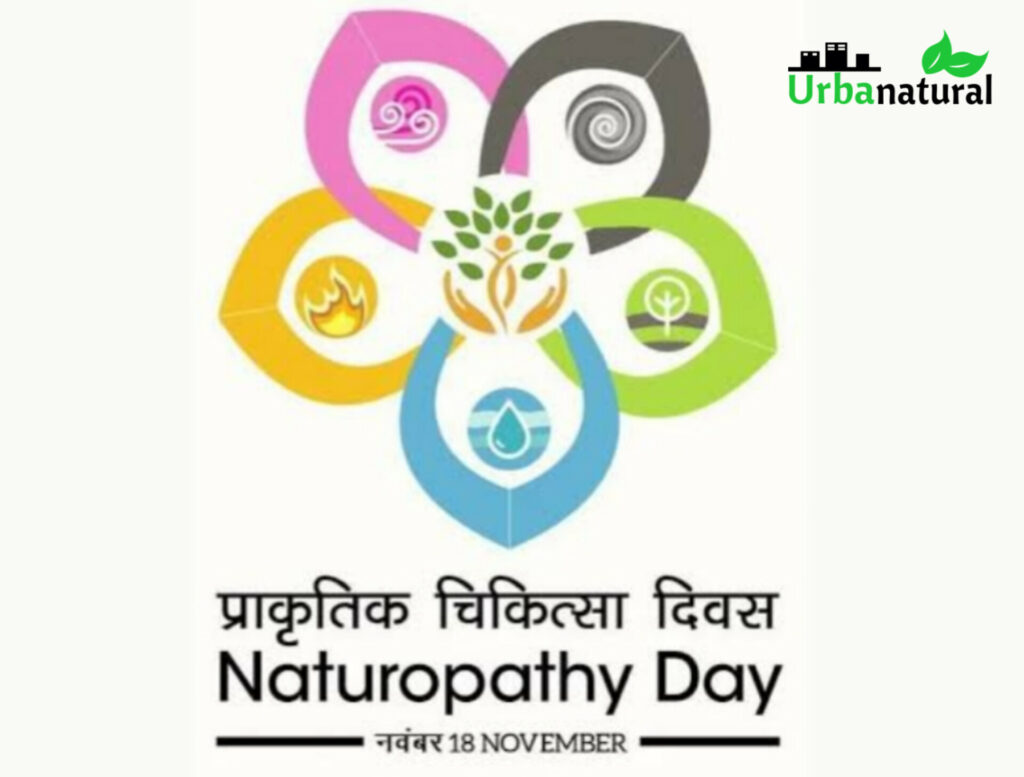Your body is constantly decaying and rebuilding itself. And I don’t mean ‘sort of’ decaying or ‘figuratively’ regenerating, I mean it is literally dying and re-growing parts of itself at a rate we can barely comprehend. Since you started reading this article already millions of your cells will have died. Look at a window for a moment, you see those tiny particles floating in the air? Well those are 80% made up of your skin… You lose five and a half grams of skin every week that you’re alive. After 10 years, every single atom in your body will have been entirely replaced… All pretty disturbing stuff, right?
Fortunately, your body is able to repair and rebuild itself just as quickly as it falls apart keeping you in a constant state of flux and preventing you from melting on the spot. To do this your cells must divide in order to reproduce – a process which happens multiple millions of times every single day.
Now the vast majority of the time this cell division occurs just fine and without any hiccups. But every now and then something goes wrong and that’s when you get problems.
What Is Cancer?
Each time your cell divides, an exact copy/duplicate is made which includes the DNA stored in the nucleus. That’s the genetic code that instructs your body on where everything goes – the blueprint that makes you who you are and that makes each cell in your body behave the specific way that it does. If that DNA is copied incorrectly, then that leads to problems with the function of the cells in your body which can in turn result in problems with your organs and other issues that can make you unwell or ultimately lead to death.
And when one cell goes wrong during mitosis (the technical term for the split) this inevitably leads to the spread of those errors – because the body doesn’t always know that the faulty cell has gone wrong so it will copy it in just the same way it copies healthy ones. This leads to the proliferation of that same error throughout your body which is how cancer spreads.
Your DNA is made of 3 billion nucleotides and every time your cell splits it needs to copy every single one of those precisely. As you can imagine that’s pretty tough going and so it’s inevitable that there will be the occasional error. In fact there are about 120,000 mistakes every single time a cell divides. Which is scary to say the least.
Now if all those mistakes caused cancer you wouldn’t last very long. Fortunately then that’s not the case thanks to our bodies’ ability to correct its own mistakes. We have biological mechanisms in place that act like ‘proof reading’ and that can actually detect and correct mistakes. These are able to eradicate up to 99% of errors, but unfortunately these systems are not perfect either.
When an error does make it through the net, this doesn’t always lead to disaster either. Sometimes in fact these ‘errors’ can end up being beneficial, whereas in other cases they won’t have any effect at all. A lot of our DNA is actually just ‘blank’ meaning that it doesn’t matter if it’s copied correctly or not.
Why Cancer Is Common and Hard to Treat
Every now and then a mistake will make it through that is serious and that is highly damaging in any number of possible ways. Sometimes these mistakes can actually make the cell even more dangerous too – as it stimulates the body to provide it with more blood, as it multiplies more quickly or as it ignores the signals that would normally suppress it. This is what we know as cancer and it explains why it’s so hard to catch and why it’s relatively such a common problem. Every time your cells divide they make copies of themselves and make over a thousand mistakes. If one of those mistakes is serious enough then a cell can become cancerous and it can start spreading throughout the body and causing a lot of damage.
And the reason it’s so hard to treat is that it’s not really one disease. There are at least 200 conditions that can be accurately defined as cancers and probably many more. The nature of the problem depends on where the cancerous cells are in the body, the nature of the mutation and more meaning that each one is unique and needs to be treated in its own way. Moreover, cancer is a part of us – it’s born through our body’s own cell division process. Thus we can’t vaccinate against it and we can’t treat it with antibiotics.
There Is Hope
Will we ever ‘cure cancer’? Probably not with a conventional treatment for the reasons described above. Perhaps someday we’ll have ways of detecting and destroying cancerous cells with nanotechnology, or perhaps we’ll be able to use genetic modification to make our cells more ‘perfect’ at dividing themselves which will possibly cure ageing as well. Perhaps transhumanism will enable us to outgrow all of our physical constraints someday.
But until then there is still hope and there are still things we can do. While cancer is somewhat hereditary there are a number of things that exacerbate it and increase our chances of getting it. UV rays from the sun can damage our cells and trigger mutations, smoking can damage our lungs and even certain foods can cause damage. On the other hand a number of things we do can help to protect us from cancers – such as eating antioxidants, looking after our immune systems or using sunblock. Live healthily and you can help your body to beat the odds.
Treatments for specific types of cancer are being developed all the time, as are new methods for detecting them early on. The sooner you can start treating an emerging cancer, the better you increase your chances of survival. Cancer research is unlikely to yield a ‘cure’ for cancer any time soon, but all the time it makes breakthroughs that are leading to more cures and saving more lives.
Source: http://www.healthguidance.org/entry/17681/1/why-cancer-is-so-common-and-so-hard-to-cure.html
Disclaimer: All information, data and material has been sourced from multiple authors and is for general information and educational purposes only and are not intended to replace the advice of your treating doctor.
The views and nutritional advice expressed are not intended to be a substitute for conventional medical service. If you have a severe medical condition or health concern, see your physician.





